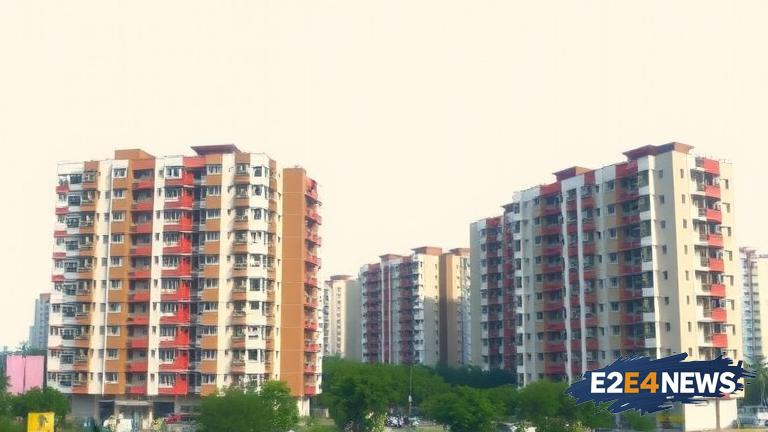The Bombay High Court has recently passed a judgment that has significant implications for housing societies and condominiums in the state. The court has upheld the practice of charging differential maintenance fees in condominiums based on the size of the flats. This means that larger flats will have to pay more towards maintenance charges compared to smaller flats. The judgment was passed in response to a petition filed by a group of residents of a housing society in Mumbai, who had challenged the differential maintenance charges being levied by their society. The petitioners had argued that the charges were unfair and discriminatory, and that all flat owners should be charged equally regardless of the size of their flats. However, the court rejected their arguments and ruled that the differential charges were justified. The court observed that larger flats require more maintenance and upkeep, and therefore, it is reasonable to charge them more. The judgment has been welcomed by many housing societies in the state, who have been facing opposition from some residents over the issue of differential maintenance charges. The court’s ruling is expected to bring clarity and consistency to the practice of charging maintenance fees in condominiums. It will also help to ensure that housing societies are able to maintain their properties properly and provide better services to their residents. The judgment is a significant development in the context of housing laws in the state and is likely to have far-reaching implications. The court’s decision is based on the principle that those who use more services and facilities should pay more for them. This principle is widely accepted in the context of housing societies, where residents pay maintenance charges to cover the cost of providing various services and facilities. The judgment is also significant because it recognizes the importance of maintaining properties properly and providing better services to residents. The court has emphasized that housing societies have a responsibility to maintain their properties and provide good services to their residents, and that differential maintenance charges are a reasonable way to achieve this goal. The judgment has been praised by experts in the field of housing laws, who say that it is a well-reasoned and balanced decision. They point out that the court has taken into account the interests of all stakeholders, including flat owners, housing societies, and residents. The experts also say that the judgment will help to promote transparency and accountability in the management of housing societies. The court’s ruling is expected to have a positive impact on the housing sector in the state, where many housing societies have been facing challenges in maintaining their properties and providing good services to residents. The judgment will also help to boost the confidence of investors and buyers in the housing market, who will be assured that housing societies are being managed properly and that their interests are being protected. Overall, the Bombay High Court’s judgment is a significant development in the context of housing laws in the state, and is likely to have far-reaching implications for housing societies, flat owners, and residents. The judgment is a testament to the court’s commitment to upholding the principles of fairness, transparency, and accountability in the management of housing societies. It is also a reminder that housing societies have a responsibility to maintain their properties properly and provide good services to their residents, and that differential maintenance charges are a reasonable way to achieve this goal.
